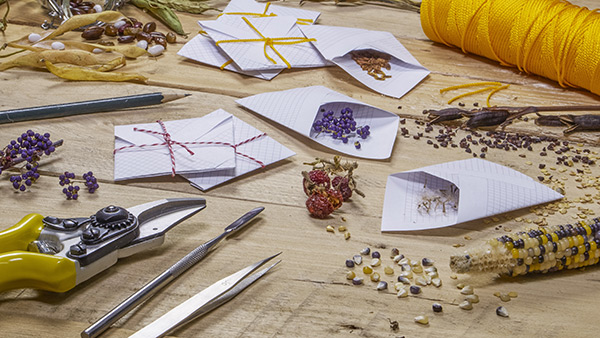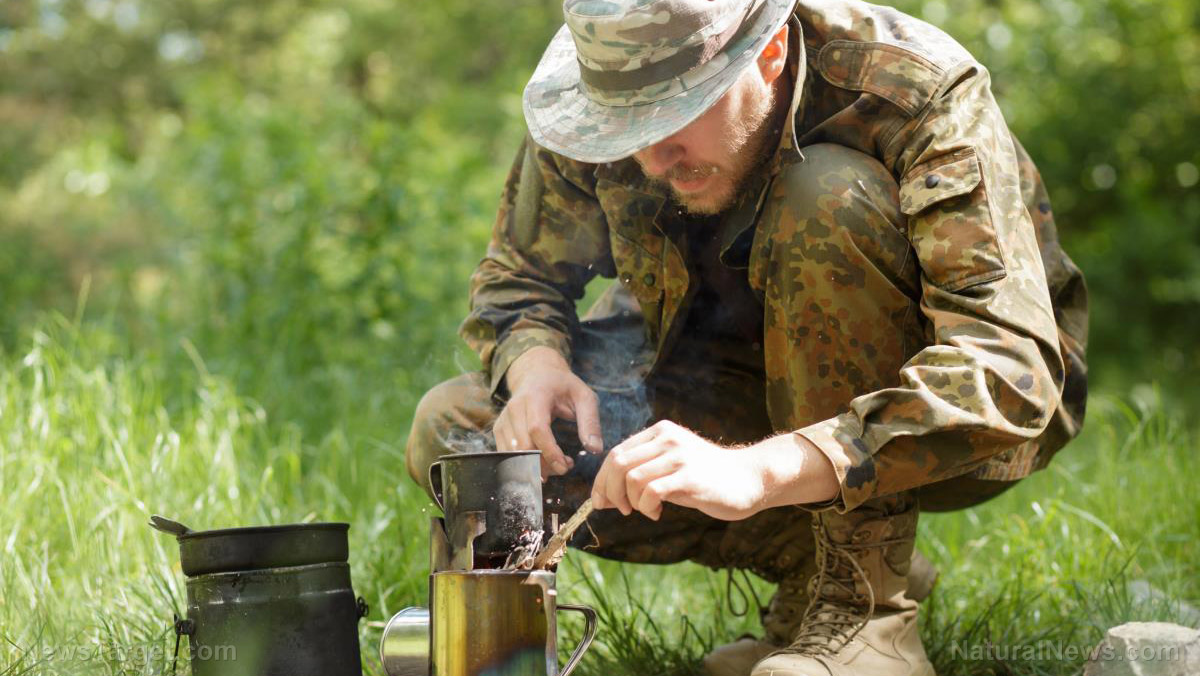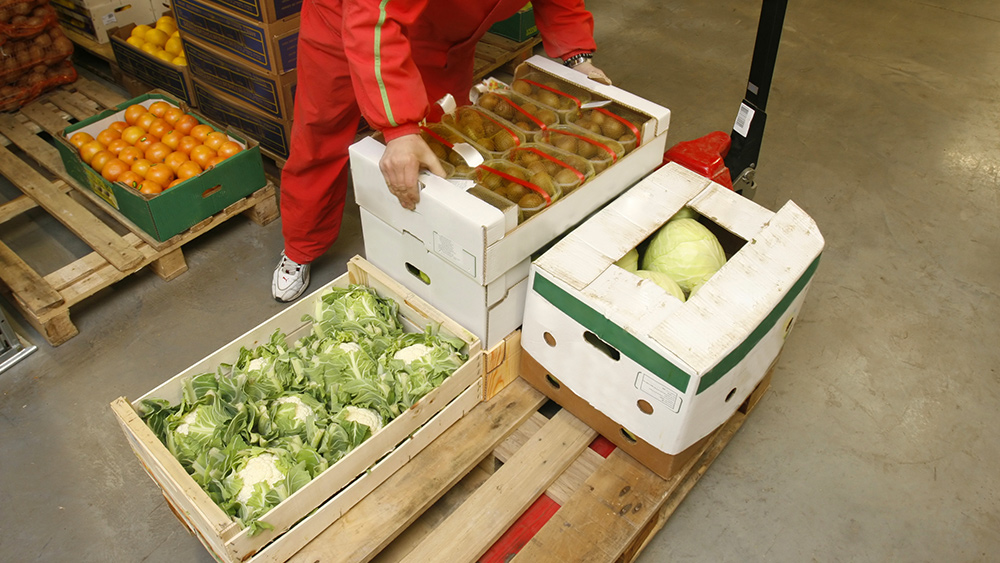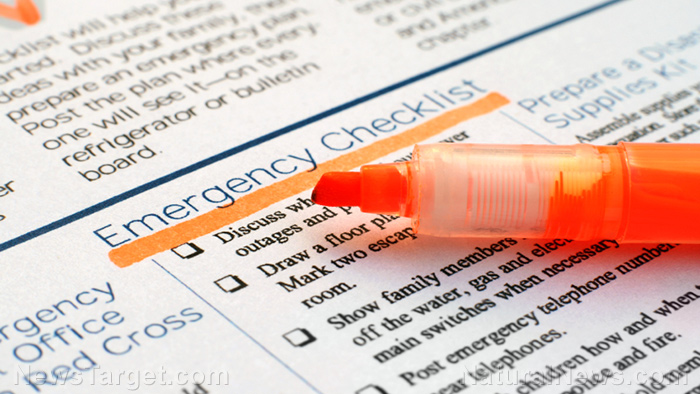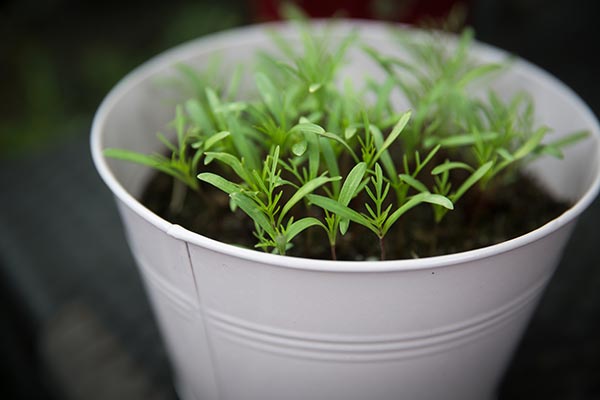Tips and tricks when food storage shopping at a regular grocery store
05/12/2020 / By Arsenio Toledo

Having an ample supply of food in your home is important. Having enough food in your cabinets keeps you secure during unexpected moments in your life, such as sudden unemployment, medical bills, natural disasters and other crises.
However, food storage isn’t as simple as just buying a lot of food and keeping them in your cabinet. A lot of thought needs to go into how much money you spend and the kinds of foods you should buy. Getting started in food storage may not be simple, but it can be easy. If done properly, having a cabinet filled with food can increase your level of disaster preparedness.
Store what you eat, eat what you store
There is a saying in prepper circles about food storage: “Store what you eat, eat what you store.” This is one of the main guiding philosophies behind food storage. While the idea behind this mantra can vary from prepper to prepper, its main tenets are pretty much understood as: Keep more food on hand than you consume on a regular basis. These foods should be stored and should be consumed on a “first in, first out” basis. This ensures that none of the foods you buy and store ever go to waste. Ideally, you will have enough food stored to last you and your entire family 30 to 60 days.
Don’t forget that whatever food you buy in the grocery will have a shelf life that varies wildly between different categories of food. Canned foods will have shelf lives that last years, while perishable food items, such as fruits and vegetables, will only last you several days, especially if you don’t store them properly. (Related: Food storage tips: Considerations for making the most out of your food prepping budget.)
Ideal foods to be stored
The next time you go to the grocery store, take note of the kinds of foods that you buy. While you should be focusing on the food you need to eat for the next few days, consider buying a few extra items to help fill up your new food storage, such as:
- Water — As a rule, any human cannot survive for more than three days without drinking water. No food storage is complete without water. Bottled water can last a long time, although its taste may change over time as its plastic container degrades. Consider looking for alternative water storage options. The average person will need at least half a gallon of water per day to survive, so keep this in mind when purchasing water for your emergency storage.
- Soups and stews — Canned soups and stews are flavorful, nutritious, inexpensive and have extremely long shelf lives. Plus, there are so many varieties of healthful canned soups and stews out there, so maintaining a varied diet won’t be a problem.
- Rice and beans — Large bags of rice and beans are generally inexpensive. They are very nutritious. If you combine them with other healthy foods they can be very flavorful and can fill you up quickly. Keeping a 20-pound sack of rice and 25 pounds worth of different beans can keep you and your family well-fed for several days.
- Pasta and pasta sauce — If stored correctly, dry and uncooked pasta can last a very long time. While the pasta box might have an expiration date of approximately one year, its true shelf life can last for years beyond that. Pasta sauces are also generally sold in plastic or glass containers or in cans, which means that they also have long shelf lives.
- Fruits and vegetables — Some groceries sell canned fruits and vegetables. While they aren’t ideal for long-term nutrition, you can still purchase several cans, which can be eaten as a last resort during extreme disaster situations, or if a crisis is approaching and you need to fill up your survival storage quickly.
- Meat — Meat is difficult to store if you don’t know how to preserve it. But, if you’ve read up on how to properly preserve and store meat, you should definitely get your hands on several pounds of it. Turkey, fish and chicken are some of the healthiest meats to get. If you’re in a desperate situation, getting some canned meats to fill up your emergency stocks shouldn’t be a problem.
Preparing your food storage for a disaster is an intensive process that requires a lot of planning and careful attention, especially to the kinds of foods you buy. But with enough foresight to start building up your food storage now, you should be better prepared than most by the time a disaster comes rolling in.
Sources include:
Tagged Under: beans, disaster, emergency food, Food storage, food supply, fruits, meat, pantry, pasta, preparedness, prepper, prepping, rice, soup, stew, survival, survival food, survivalist, vegetables, water
RECENT NEWS & ARTICLES
COPYRIGHT © 2017 PREPAREDNESS NEWS




